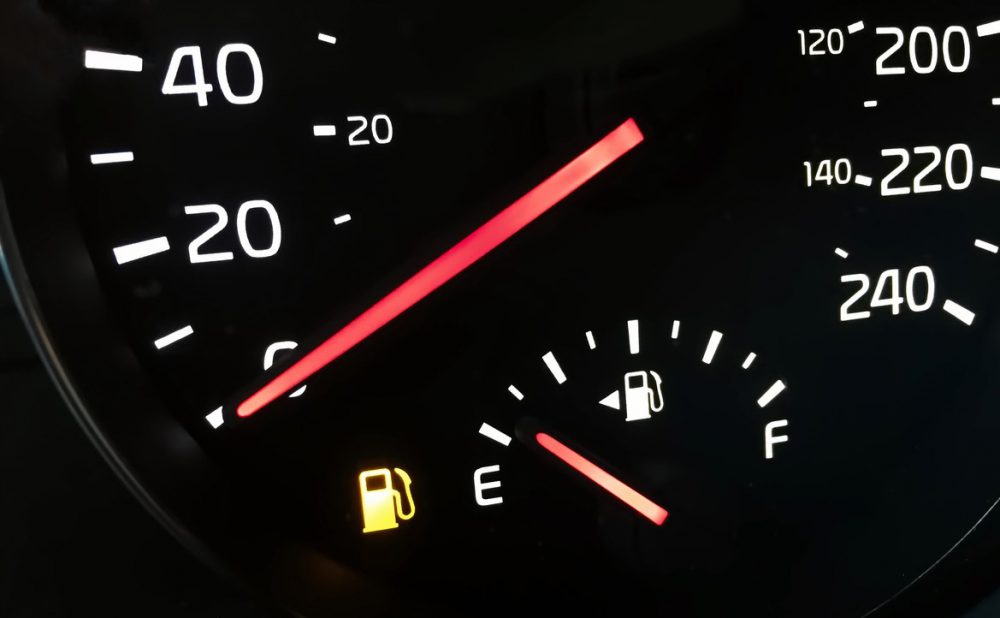
The plug-in Golf GTE looks great but how does it stack up against its more conventional petrol and diesel siblings? (Picture © Volkswagen)
The debate over which is the best fuel is becoming an increasingly hot topic among car buyers. Petrol v diesel v hybrid v electric: which really is the best type of car to own? To try to find the answer, we’ve taken Volkswagen’s perennially popular Golf, the only model available in the UK that uses all four kinds of power source, and crunched the numbers.
We’ve split our report into four sections. This enables us to look at how the different versions of the Golf compare to each other in key areas of price, performance, economy, and running costs. The cars are ranked by our favoured criteria in each chart with the model at the top the best. It’s a fascinating read.
Buying
| Model |
Fuel |
Price |
Per month |
| Golf 1.0 TSI BlueMotion |
Petrol |
£20,765 |
£205 |
| Golf 1.6 TDI BlueMotion |
Diesel |
£22,360 |
£302 |
| e-Golf |
Electric |
£27,180 |
£345 |
| Golf GTE |
Petrol/electric |
£31,055 |
£493 |
Continue reading →









